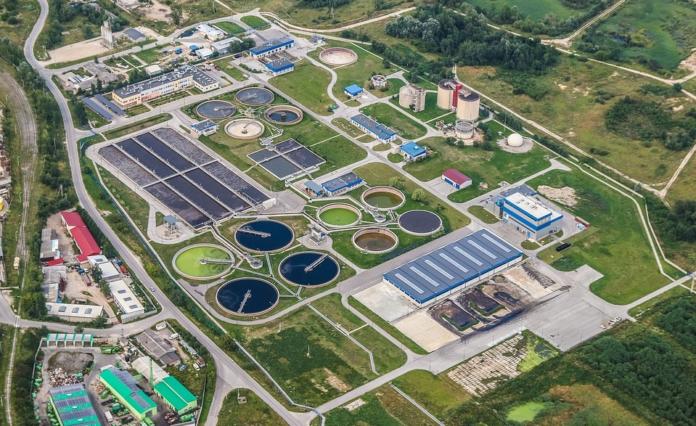THE major risk arising from Covid-19 is the fact that people can be infected but show no symptoms. It is these asymptomatic carriers that are the vectors accelerating infection in society. This is the central problem that has to date defied a solution.
Since the government cannot test every citizen in the country, the answer lies in sewage surveillance, says Dr Anthony Turton from the Centre for Environmental Management at the University of the Free State (UFS).
Easier than testing millions of people
“We have 824 wastewater treatment works in South Africa. Each of these serves a population of known size. By taking samples of sewage according to a defined protocol, it is now technically possible to determine the viral load of the entire population in the catchment area of that sewage works. This data can be compared weekly, and from this we can determine if the total viral load is increasing or decreasing,” says Dr Turton.
According to him, this is much easier to do than the individual testing of millions of citizens, the results of which only give a snapshot of information relevant to those specific people at that precise moment in time.
“What is known to scientists, but not yet apparent to the public, is that the virus is shed in human waste. This is known as viral shedding, and is now known to result in a traceable presence in both urine and faeces before a patient manifests with symptoms and after a patient has been treated. This does not mean that the virus is still infectious, although there is some mention of faecal-oral transmission in peer-reviewed literature, at least of the SARS virus.” explains Dr Turton.
A convenient way of gathering data
According to Dr Turton, samples are taken from the inlet to wastewater works where raw sewage is mixed. If more precise details are needed, sampling can occur on specific feeder lines, for example, from different suburbs representing different demographic samples of a larger and more complex whole. This ability gives sewage sampling a high level of nuance, because the pixel density of data built up over time is granular and precise. The important thing is that sampling must be regular and accurate, because each provides a single frame in the movie that we ultimately want our decision makers to watch.
“This picture is not about individuals who are positive or negative, but rather about the total viral load present in a defined cohort of people at a precise moment in time. It is not as granular as individual testing, but it is a convenient way of gathering data about the rate of change and specific epicentres of change or emerging hotspots.”
This technology has been successfully used in the Netherlands and is now being rolled out in other countries in the developed world. It is now being made available to any laboratory, privately owned, university owned or part of a national science council, with the intention of supporting decision-making by government. This will be of critical importance as the government decides to open up the economy, because sewage surveillance can detect a second wave before it is manifested as people reporting to doctors with symptoms.
Any university with PCR capabilities can become a certified user of this technology, as can any commercial laboratory being rolled out as a humanitarian issue rather than a commercial one, even if it has an impact on the recovery of the economy
